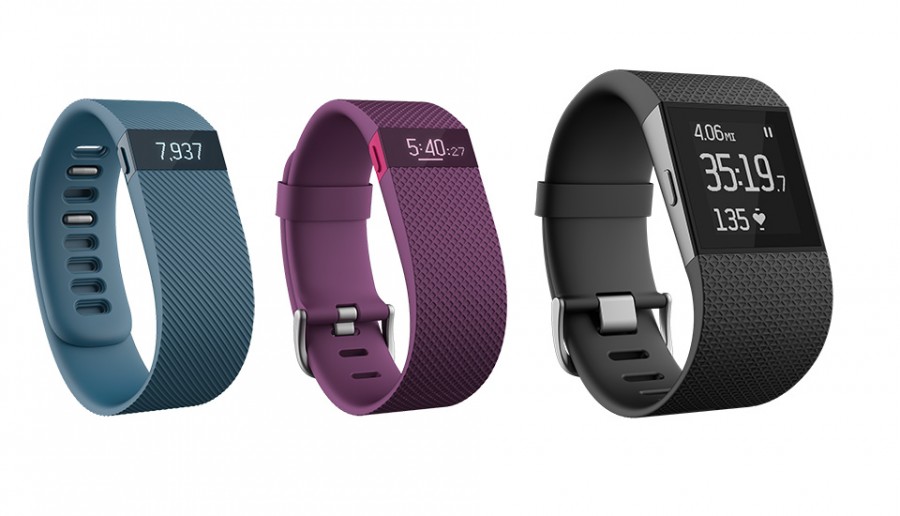Fitness trackers promote healthy habits, competition
January 31, 2016
In the quest to be more connected and healthy, fitness trackers have become increasingly popular. On Christmas day, the Fitbit app topped the charts in Apple’s App Store and stood in the top ten in Google’s Playstore, and this is no small feat. Fitbit, one of the most popular fitness tracker companies, has established itself as an industry leader, and its trackers can be found all around Nazareth.
This wave of wearable technology is quite interesting–but can these trackers really improve our health?
First of all, fitness trackers today offer exciting information regarding our health. Steps are not the only things that can be tracked anymore. Now, they can track sleep, stairs climbed, distance traveled, and heart rate, on some models. Some models even integrate smartwatch features, like caller ID and phone notifications.
All these bells and whistles can actually provide some interesting statistics. For one, because all this data is collected seamlessly and charted into graphs, health information has never been so easily accessible or shareable. Now you can impress your friends with brilliant graphs on your sleep habits (or lack thereof!).
Although it can be both fun and interesting to see these trends in your daily life, it can also prove useful to doctors, especially with trackers that have a heart rate monitor and sleep tracking. These kinds of devices can offer some information that could prove invaluable in improving quality of life.
Fitness trackers also allow users to track fitness in a connected and exciting way, which can motivate them to be healthier. One feature present on almost all brands is the ability to participate in friendly competitions with friends. With this social aspect, motivation can be as simple as a glance at your phone or computer.
Mr. Drinan, a math teacher, shares his experience with a fitness tracker stating “I wanted to lose some weight, so I thought this would be a good way to do it and a good way to motivate me. I think the best part about it is that there is not necessarily a social media aspect to it, but there is a competition aspect to it. So like Mr. Wejman, myself, Mrs. Claxton, my wife– there’s a bunch of people that I’m friends with that all compete, and so it really pushes me to get more steps, which is kind of weird but I think it helps.”
The nice thing about fitness trackers is that you get to chose how you want to use it, and different people have different reasons for using fitness trackers.
Maggie Roache, a junior comments on her experiences with a fitbit, “You get however much out of it as how much you put into it. If you want, you can plug in stuff like what you’re eating and how much water you’re drinking. You can do challenges too.”
By enabling us to be more connected, fitness trackers foster fitness in not only you, but also your friends, which is a win for everyone.
This technology is relatively new, so not everything is perfect. At times there are glitches with software and syncing, and some companion fitness apps only work with updated phones and computers, which limits the pool of people that can use them. However, there are many styles and brands to choose from, and there is a tracker for almost every budget.
Overall, fitness trackers have a lot of potential for helping a lot of people. Already, they accomplish some pretty neat things, and the data they collect can assist many kinds of people in achieving a healthier lifestyle.

